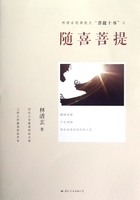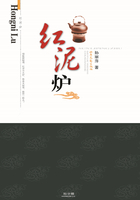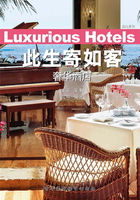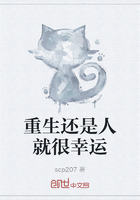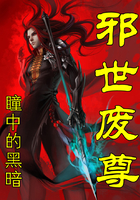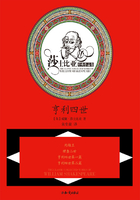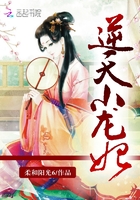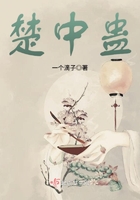“Ah! but,” my reader may say, “the weaker player wants to receive points in order that he may give the stronger one a better game.” Really, I do not believe that that is so. Possible, sometimes, a strong and vainglorious player may wish to give points, in order that his victory may be the more notable. But I do not think that even this is the true explanation. That, I suspect, was given to me the other day by the secretary of a lawn-tennis tournament, in which I played. “Why all this nonsense of handicaps? Why not let us be squarely beaten, and done with it?” I asked him. “Because,” He replied, “if we did not give handicaps, none of the less good players would enter.” Is that not a confession that the majority of us have both realized the true value doing a trivial thing badly, for its own sake, and must needs have our minds buoyed and cheated into a false sense of excellence?
Moreover it is not only such intrinsically trivial things as games that are worth doing badly. This is a truth which, oddly enough, we accept freely of some things—but not of others—and as a thing which we are quite content to do will let me instance acting. Acting, at its best, can be a great art, a thing worth doing supremely well, though its worth, like that of all interpretative arts, is lessened by its evanescence. For it works in the impermanent medium of human flesh and blood, and the thing that the actor create—for what we call an interpretative artist is really a creative artist working in a perishable medium—is an impression upon, an emotion or a thought aroused in, the minds of an audience, and is incapable of record.
Acting, then, let me postulate—though I have only sketched ever so briefly the proof of my belief—can be a great art. But is anyone ever deterred from taking part in amateur theatricals by the consideration that he cannot act well? Not a bit of it! And quite rightly not, for acting is one of the things about which I am writing this essay—the things that are worth doing badly.
Another such thing is music; but here the proverbial fallacy again exerts its power, as it does not, for some obscure and unreasoning discrimination, in acting. Most people seem to think that if they cannot sing, or play the piano, fiddle, or sackbut, admirably well, they must not do any of these things at all. That they should not indiscriminately force their inferior performances upon the public, or even upon their acquaintances, I admit. But that there is no place “in the home” for inferior musical performances, is an untruth that I flatly deny.
How many sons and daughters have not, with a very small talent, given their parents—and even the less fondly prejudiced ears of their friends—great pleasure with the singing of simple songs? Then one day there comes to the singer the serpent of dissatisfaction; singing lessons are taken, and—if the pupil is of moderate talent and modest disposition—limitations are discovered. And then, in nine cases out of ten, the singing is dropped, like a hot penny. How many fathers have not banished music from their homes by encouraging their daughters to take singing lessons? Yet a home may be the fresher for singing that would deserve brickbats at a parish concert.
I may pause here to notice the curious exception that people who cannot on any account be persuaded to sing in the drawing-room, or even in the bath, will without hesitation uplift their tuneless voices at religious meetings or in church. There is a perfectly good and honorable explanation of this, I believe, but it belongs to the realm of metaphysics and is beyond my present scope.
This cursed belief, that if a thing is worth doing at all, it is worth doing well, is the cause of a great impoverishment in our private life, and also, to some extent, of the lowering of standards in our public life. For this tenet of proverbial faith has two effects on small talents: it leads modest persons not to exercise them at all, and immodest persons to attempt to do so too much and to force themselves upon the public. It leads to the decay of letter-writing and of the keeping of diaries, and, as surely, it leads to the publication of memoirs and diaries that should remain locked in the writers’desks.
It leads Mr. Blank not to write verses at all—which he might very well do, for the sake of his own happiness, and for the amusement of his friends—and it leads Miss Dash to pester the overworked editors of various journals with her unsuccessful imitations of Mr. de la Mare, Mr. Yeats, and Dr. Bridges.The result is that our national artistic life now suffers from two great needs: A wider amateur practice of the arts, and a higher, more exclusive, professional standard. Until these are achieved we shall not get the best out of our souls.



